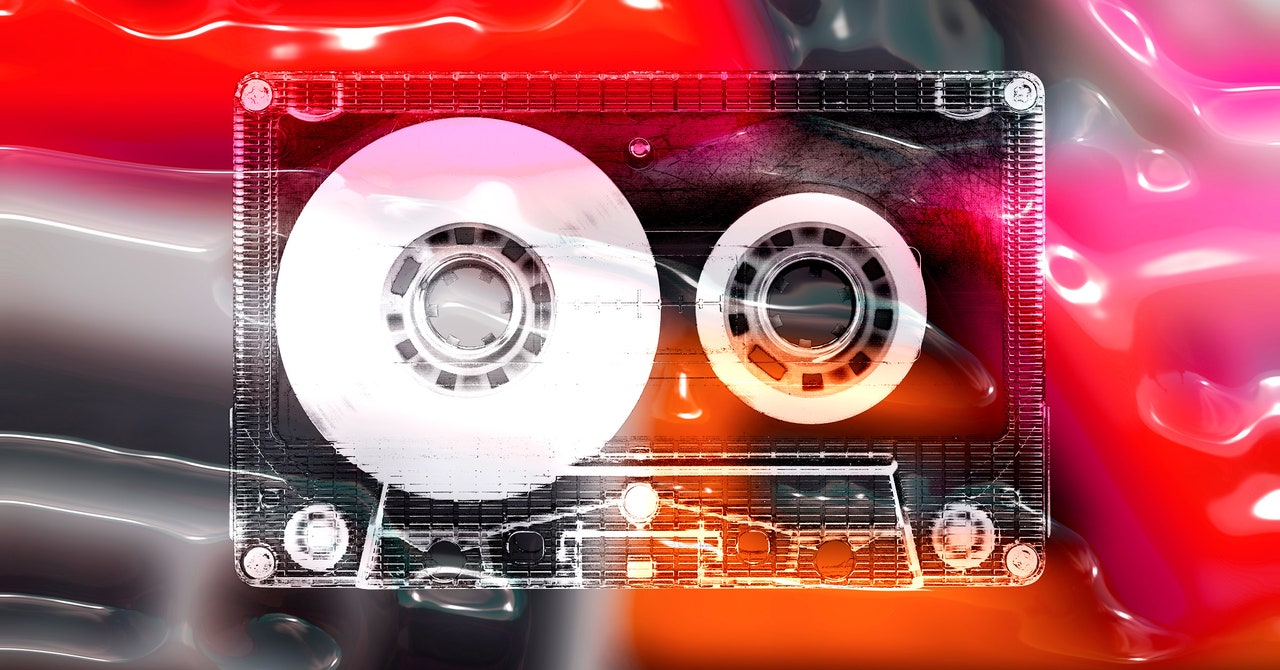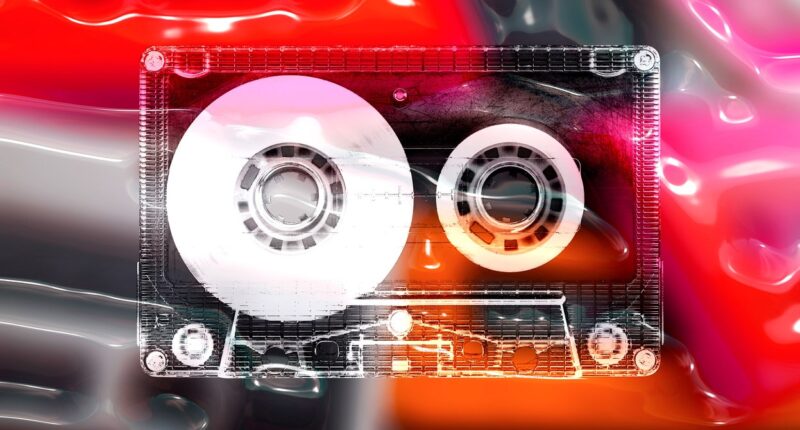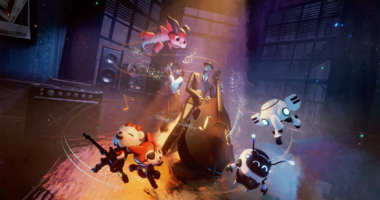

Song sharing is one of the most—if not the most—vital parts of music fandom. A hundred years ago, the medium was the phonograph record. Today, whether on Spotify, Apple Music, or YouTube, the playlist is the thing. But until 20 years ago, it was mixtapes. For some, mixtapes evoke homemade CDs or cassettes with a collection of songs arranged for a friend or partner. In hip hop, mixtapes have been foundational, a vehicle through which artists discover new beats, gain exposure, and share their work. And even as mixtapes have moved from cassettes to .zip files to SoundCloud, they’ve remained essential to the genre’s 50-year history—and to its future.
The mixtape goes all the way back to the 1970s and the early formation of hip hop. Cassettes were the first truly portable music format that was accessible to everyone. Although they were invented in 1963, it wasn’t until the ’70s and ’80s that the cassette became one of the most popular formats for listening to music. Improved sound quality, recordability, and portability—thanks to the release of the Walkman in 1979—allowed music to become truly mobile for the first time and made the cassette the first primary mixtape format.
Originally, mixtapes were live recordings of performances by DJs and MCs. Turntablists would play mixes of existing beats while rappers freestyled over them. Fans, or the artists themselves, would make copies to share. These weren’t released on major labels, so most of the samples went uncleared, and they were rarely distributed much farther than the city where they were made. “It was the people’s format,” says Zach Baker, co-owner of Crazy Rhythms record shop in San Antonio, Texas. “It was something that was born out of necessity.”
For artists, that necessity was to get heard. In the ’70s and ’80s, few labels were signing rap artists, so mixtapes became a way for them to share their music—and, by extension, their message—with potential fans. Mixtapes of this era were “very grassroots and very community-based,” sold at barber shops and out of trunks, says Charles Carson, a professor of musicology at the University of Texas at Austin. “Mixtape culture is really about access, and what that means is voice,” he adds. “Like being able to be heard in some type of a context that you normally don’t have access to. That’s you speaking with the community about the stuff the community values and giving it back to them.”
As hip hop became mainstream, so did the mixtape. But the format’s DIY nature also meant that making one was a sign of a musician’s authenticity. As artists like MC Hammer became wildly popular commercially, people started to talk about mixtapes as “this is street music,” says Carson. At the same time, the use of beats from popular songs on mixtapes meant that the sounds were recognizable, even if the MCs on them weren’t. 50 Cent, for example, is considered a mixtape innovator because he created full bodies of work by rapping over existing material, essentially creating an album in the form of a mixtape.
“It was amazing how you could take other people’s instrumentals, flip them, have freestyles over them, and not worry so much about having a polished quality,” says Marco Cervantes, an associate professor of race, ethnicity, gender, and sexuality and Mexican American studies at the University of Texas at San Antonio. Cervantes is also a hip hop artist under the name Mexican Step Grandfather and a member of the hip hop group Third Root. “It allowed us to imagine in a lot of ways what it would be like to have access to that type of beat. It made you feel like you were on the same level as that same artist.”








